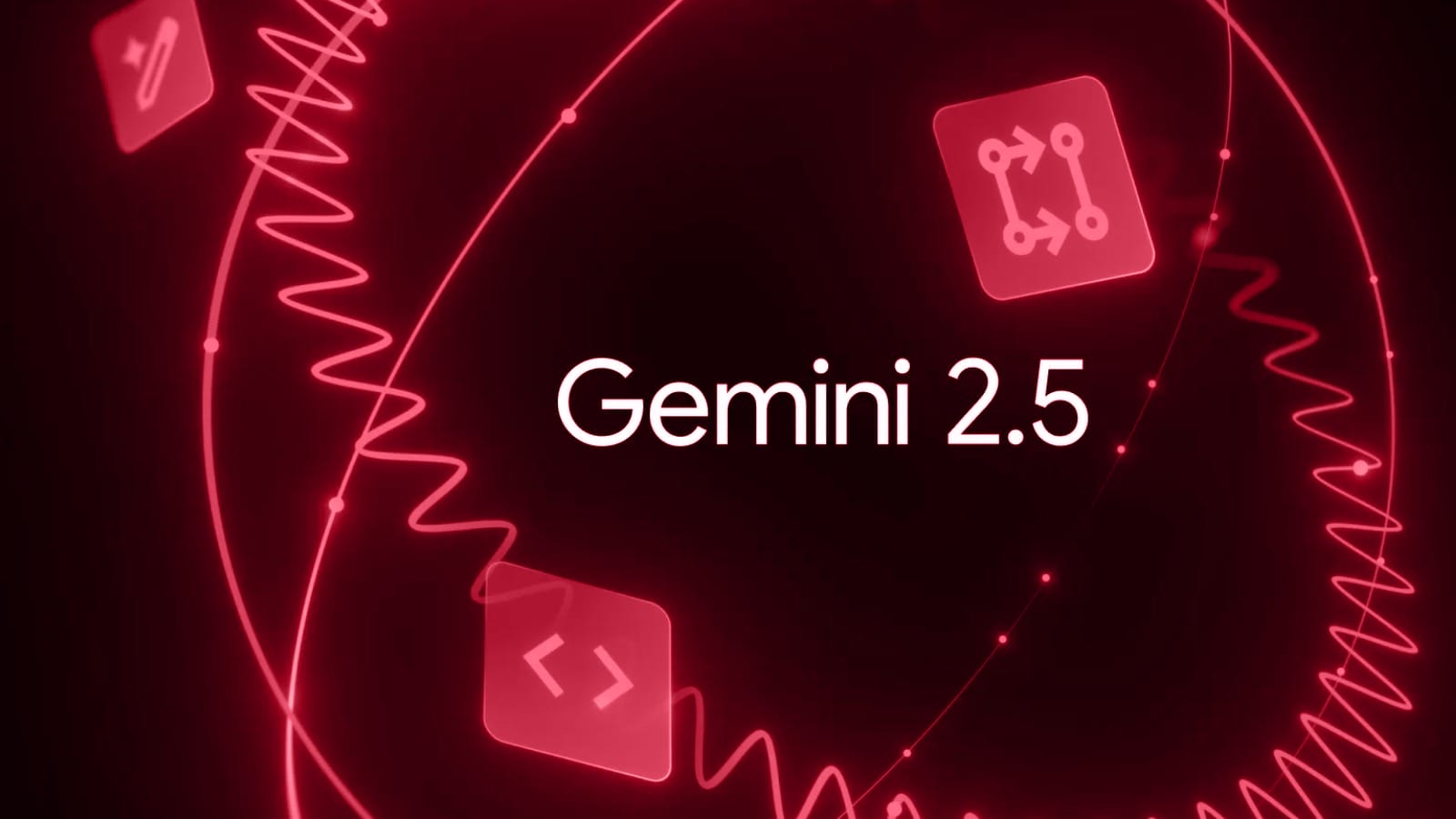OpenAI prepares to launch its first open-weights model since 2019
OpenAI is reportedly preparing to release a new open-weights language model, with a potential launch as soon as next week. This information comes from a report by Tom Warren in The Verge, citing sources familiar with OpenAI’s plans. The release would be the company’s first open-weights model since it launched GPT-2 in 2019. Unlike OpenAI’s …

